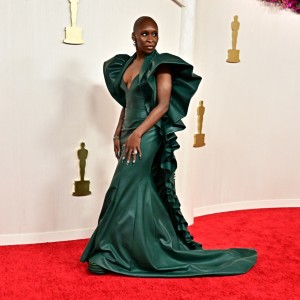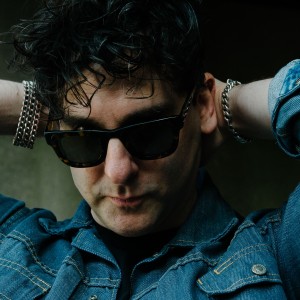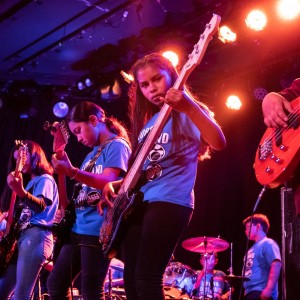From an era when Italianate (and indeed, Italian) tenors were in more plentiful supply, Renato Cioni has passed away at the age of 84. He was also one of the last links to the age of Maria Callas, as one of her last Cavaradossis in Puccini's Tosca.
Yes, the decision to cast him in the now legendary 1964 Covent Garden production by Franco Zeffirelli was something of a risk. Alongside Callas was Tito Gobbi as Scarpia, both regarded then as now as preeminent in their roles. Cioni was young and little known and had a lot to live up to. The Callas/Gobbi Tosca recording had Giuseppe Di Stefano and was regarded (again, then as now) as unsurpassed--the pair's second recording had Carlo Bergonzi, a tenor equal to Di Stefano's fame, rather than Cioni. Yet, Callas, apparently impressed by Cioni's readiness and presumably also by his full, rich tone (both amply in evidence in both the film of Act II of that production and various "unofficial" complete recordings) with, as one might say of a fine red wine, intriguing dark notes, quickly accepted her new leading man.
From an Italian fishing family, Cioni was born, and died, on Elba. His rise in the operatic ranks was swift. He was especially admired as Pinkerton in Madama Butterfly (there was a certain force in the voice which suited the somewhat brazen American adventurer well), and his nice sense of style and true Italian gracefulness meant that he was a perfect foil for great divas. There was not, as there was between, say, Birgit Nilsson and Franco Corelli, any contest of egos. Cioni was never a glamor singer. But he was a fine musician, and rewards for that quality came at the highest level--his Metropolitan Opera debut came opposite Joan Sutherland and Marilyn Horne in Pollione. He also worked often with Anna Moffo and others.
Among his recordings are a marvellous Lucia di Lammermoor opposite Sutherland and conducted by Sir John Pritchard, a more than decent Rigoletto with Sutherland and Cornell MacNeil under Nino Sanzogno and a live La Traviata from La Scala with Anna Moffo, conducted by Herbert von Karajan.
To say he will be missed is superfluous. He already is. That kind of voice, rare now, already is. That kind of artist, generous with his co-stars and overflowing with natural appeal to his audiences, always will be.



